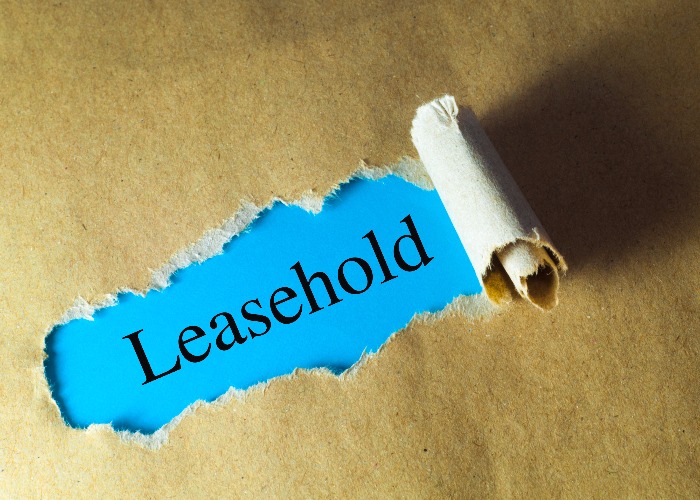Leaseholds on new-build properties to be banned by Government

Rip-off leaseholds and sky-high ground rents could become a thing of the past for new buyers, although existing buyers might not benefit.
Housebuilders in England could be banned from selling new-build properties as leasehold under new Government plans.
Buyers of new-builds are increasingly being hit with extortionate ground rent charges, which can double every 10 years, potentially leaving them unable to resell the property.
Today, communities secretary Sajid Javid has pledged to “ban new-build houses being sold as leasehold as well as restricting ground rents to as low as zero”.
Sadly for those already trapped in a costly leasehold, the ban will only apply to future sales.
However, Javid did urge builders to “right some of the wrongs of the past" in an interview with the BBC.
Buying a property? Compare mortgage rates today
What is a leasehold?
Unlike a freehold property, where the buyer owns both the land and the property, a leasehold effectively means the buyer only owns the property for a set amount of time, and will generally have to pay ground rent to the leaseholder.
Such an arrangement is typical with flats, but there are still around 1.2 million leasehold houses in England and Wales, according to Javid.
The practice has become far more common in recent years, as builders look to boost profits on new-build properties.
The Government will now embark on an eight-week consultation on how a ban on leaseholds could be implemented.
“Our proposed changes will help make sure leasehold works in the best interests of homebuyers now and in the future,” Javid explained.
Buying a property? Compare mortgage rates today
‘Onerous leaseholds’
Explaining the decision to embark on a consultation, the Department for Communities and Local Government highlighted how many leases were becoming “increasingly onerous”.
It mentioned the example of a family who were unable to sell their home primarily because annual ground rent was expected to hit £10,000 by 2060.
It also cited the example of a homeowner who was told buying the lease would cost £2,000, but the final bill came to £40,000.
Read these next:
Leasehold vs Freehold property: what you need to know
Opinion: these rip-off charges on leasehold and new build homes need to end
Comments
Be the first to comment
Do you want to comment on this article? You need to be signed in for this feature